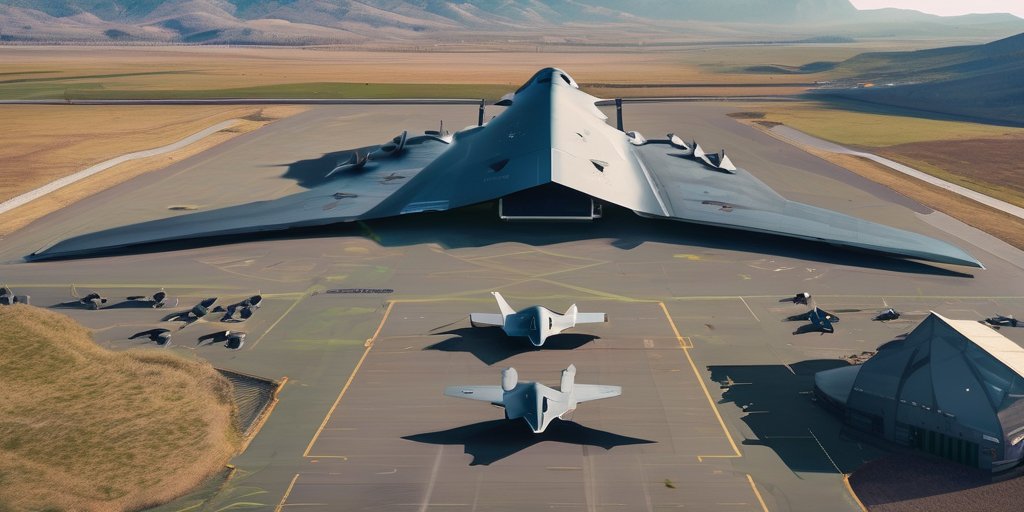In a significant military maneuver, the United States has dispatched B-2 stealth bombers to Guam, a strategic move linked to ongoing tensions with Iran over its nuclear activities. This decision comes as President Donald Trump evaluates potential military action, possibly in conjunction with Israel, to target Iranian nuclear facilities.
The stealth bombers, revered for their capability to deliver precision strikes, are deemed essential for any operation against Iran’s most fortified nuclear site, located at Fordo. This facility, built deep underground under a mountain and reinforced with thick concrete, poses substantial challenges for aerial attacks. The B-2s are uniquely equipped to carry the GBU-57 Massive Ordnance Penetrator, a 30,000-pound bomb designed specifically for penetrating such hardened targets.
Earlier this week, Trump emphasized that Iran has a two-week window to reach an agreement limiting its nuclear ambitions, a move that some analysts view as a precursor to possible strikes should negotiations fail. The deployment of these bombers, while officially unlinked to his Israeli counterpart’s military initiatives, signals a noteworthy escalation in U.S. military readiness in the region.
Guam, located about 9,500 kilometers east of Fordo, has been chosen for its operational advantages, particularly concerning secrecy and distance from Iran. Unlike Diego Garcia, which is closer but raises potential diplomatic issues for the UK, Guam provides a more discreet launching point for any potential operations.
Amidst these developments, the international community watches closely. Both analysts and officials speculate about the implications of Trump’s decisions, as the balance of power in the Middle East hangs precariously on the outcome of these discussions and military posturing. The possible collaboration between the U.S. and Israel underscores a growing unease regarding Iran’s nuclear capabilities and could lead to a significant military engagement that may reshape the geopolitical landscape.
